Doors slam shut on 're-education' system
By Zhao Xu ( China Daily ) Updated: 2013-12-11 07:20:09
![Empty buildings that were once the canteen of the farm. [Photo provided to China Daily] Doors slam shut on 're-education' system](../../attachement/jpg/site1/20131211/f04da2da78cd1411f43c1a.jpg) |
|
Empty buildings that were once the canteen of the farm. [Photo provided to China Daily] |
Legal conflict
"The laojiao system conflicts with the 1982 Constitution, which requires all deprivation of liberty to be imposed by judicial authorities. It also violates the 2000 Legislation Law which demands that all deprivation of liberty be authorized by national law," added Wei. "Now, all that should end."
Yang the writer has seen and heard enough to be cautious. "Will they create something to fill that void? I'm not sure," he said.
But Wei feels there is no void. "Currently, we have the administrative law for minor offences and criminal law for serious crimes. In terms of the confinement period, the upper limit of administrative law meets the lower limit of criminal law. Believe me, the number of petitioners will be reduced drastically if the government acts to put administrative power in a cage, and ensures the supremacy of law, as promised."
"A surrogate system under a different name would be a fatal blow to people's confidence in the government and the rule of law that China has long sought to embrace," he said.
In the years since his book's publication, Yang has often visited Jiabiangou, occasionally in the company of a former detainee. "I remember this man whose cupped hands trembled as he allowed the sandy earth to slip through his slightly contorted fingers and form a tiny mound on the bank of a long-dried-up river," said Yang. "He gazed at it for a long while. Then he stood up, made a deep bow, and left. He didn't look back."
Contact the writer at zhaoxu@chinadaily.com.cn
Jiang Xueqing contributed to this story.
|
|
|
|
|
|
|
|
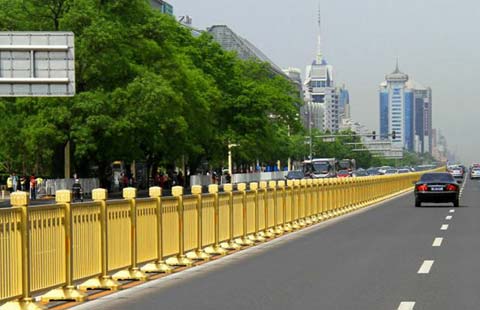
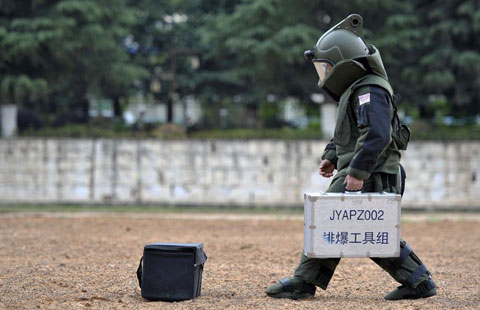

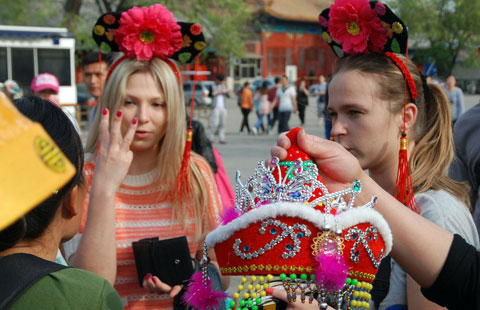

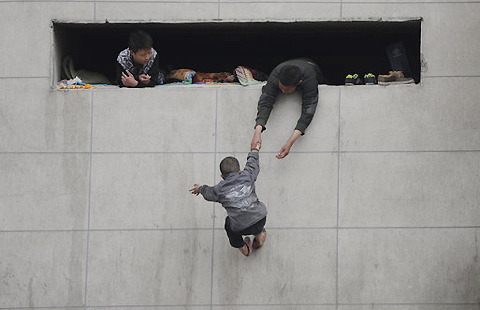
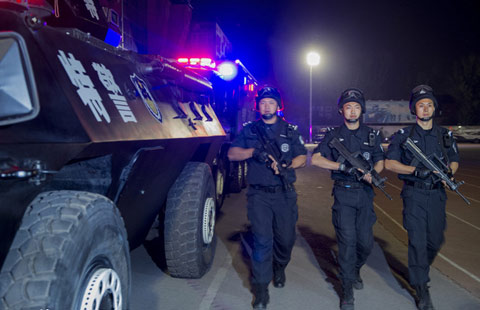

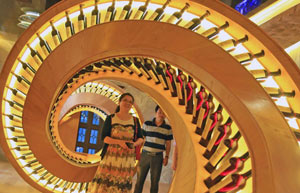
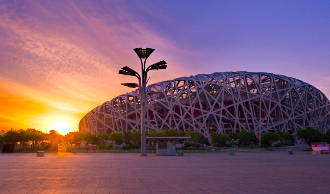
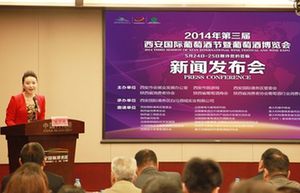
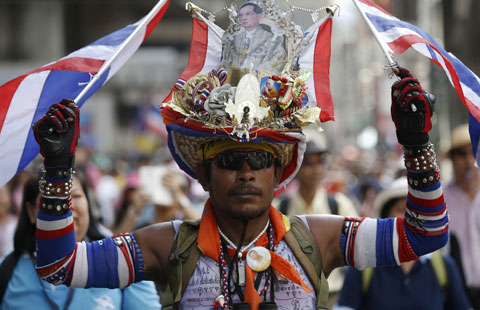
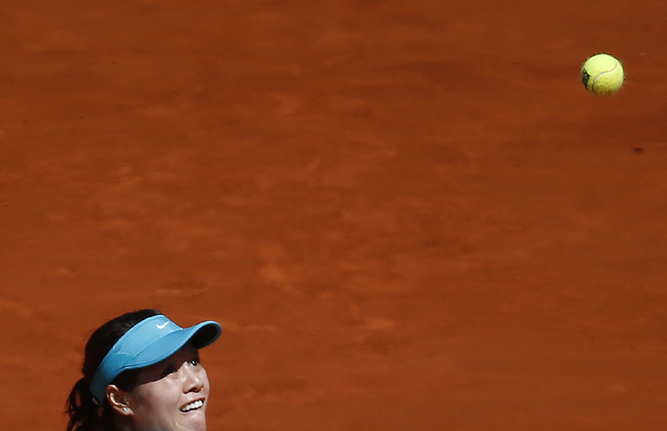





 Op Rana
Op Rana Berlin Fang
Berlin Fang Zhu Yuan
Zhu Yuan Huang Xiangyang
Huang Xiangyang Chen Weihua
Chen Weihua Liu Shinan
Liu Shinan